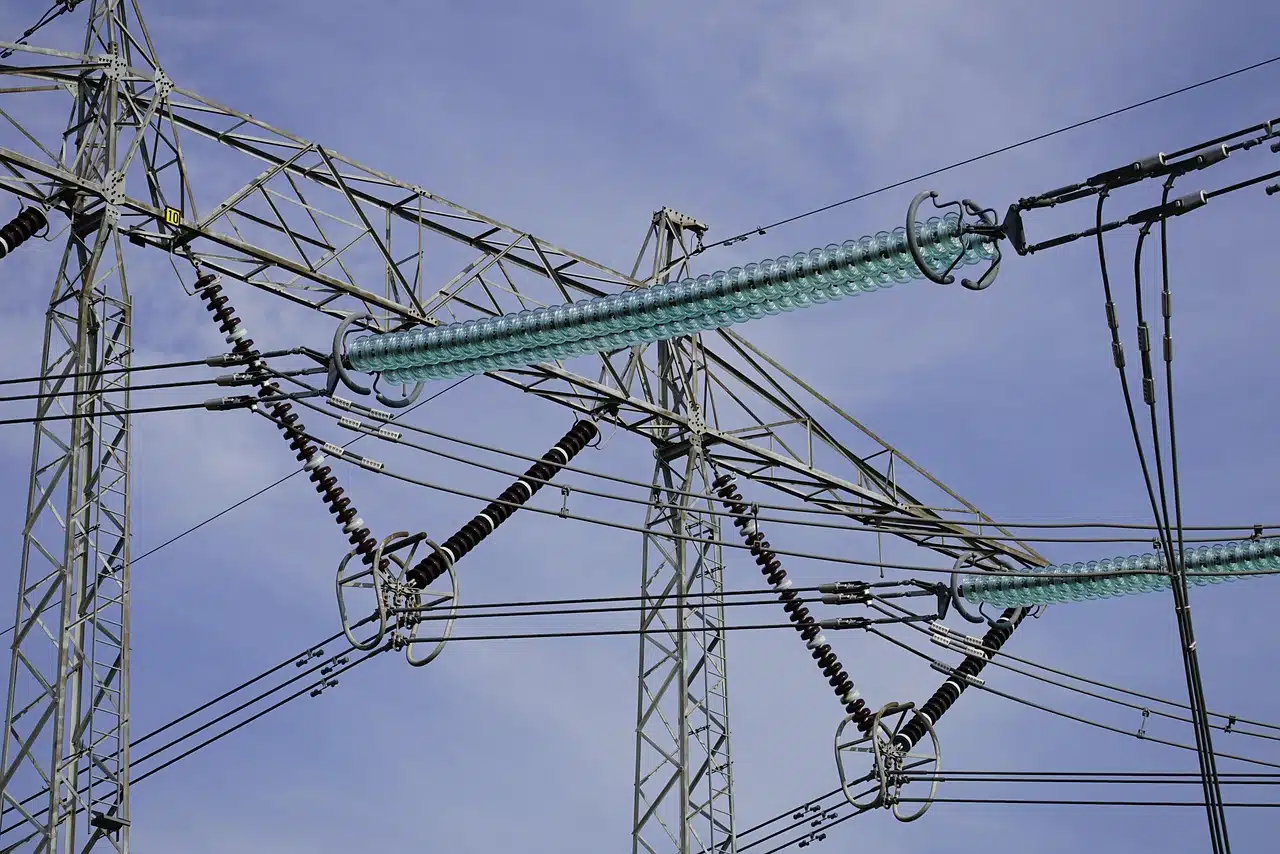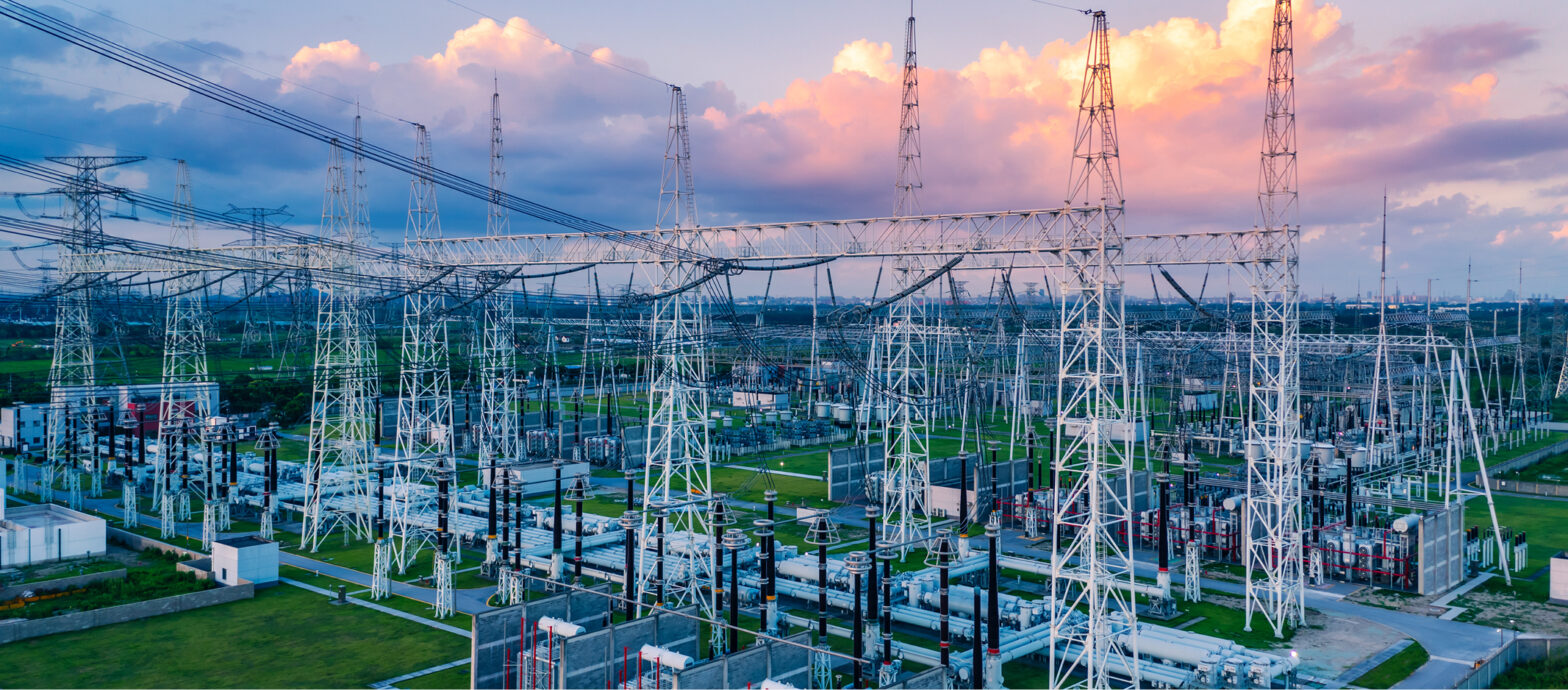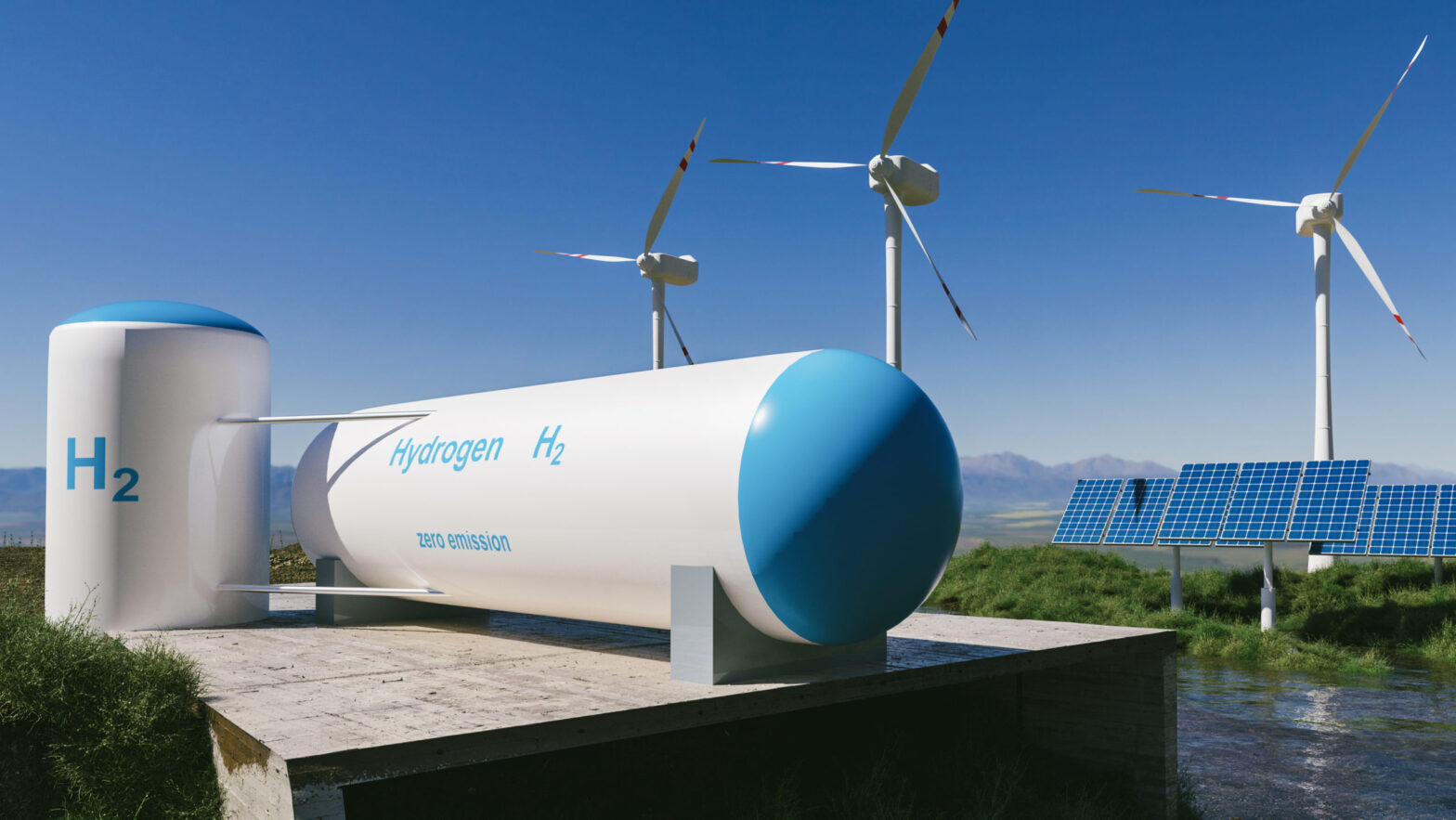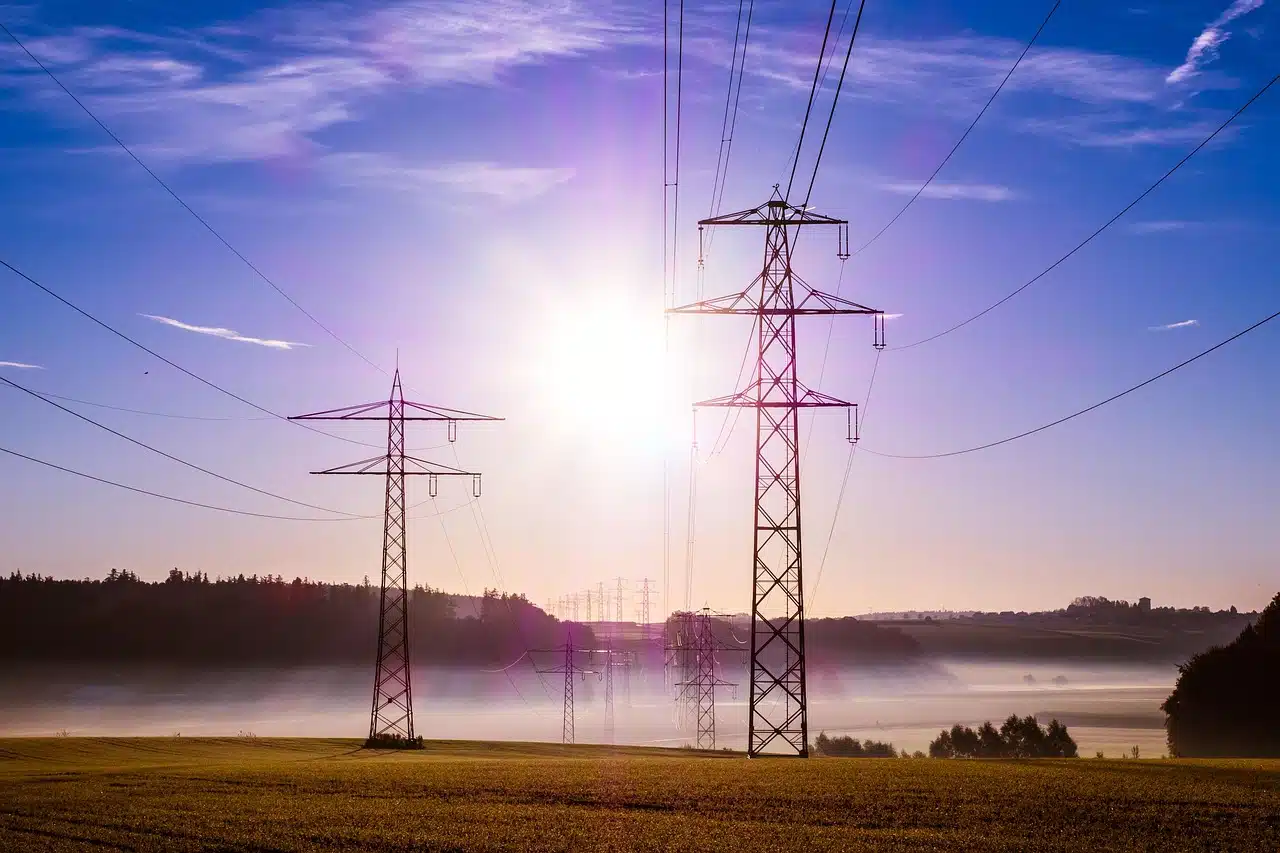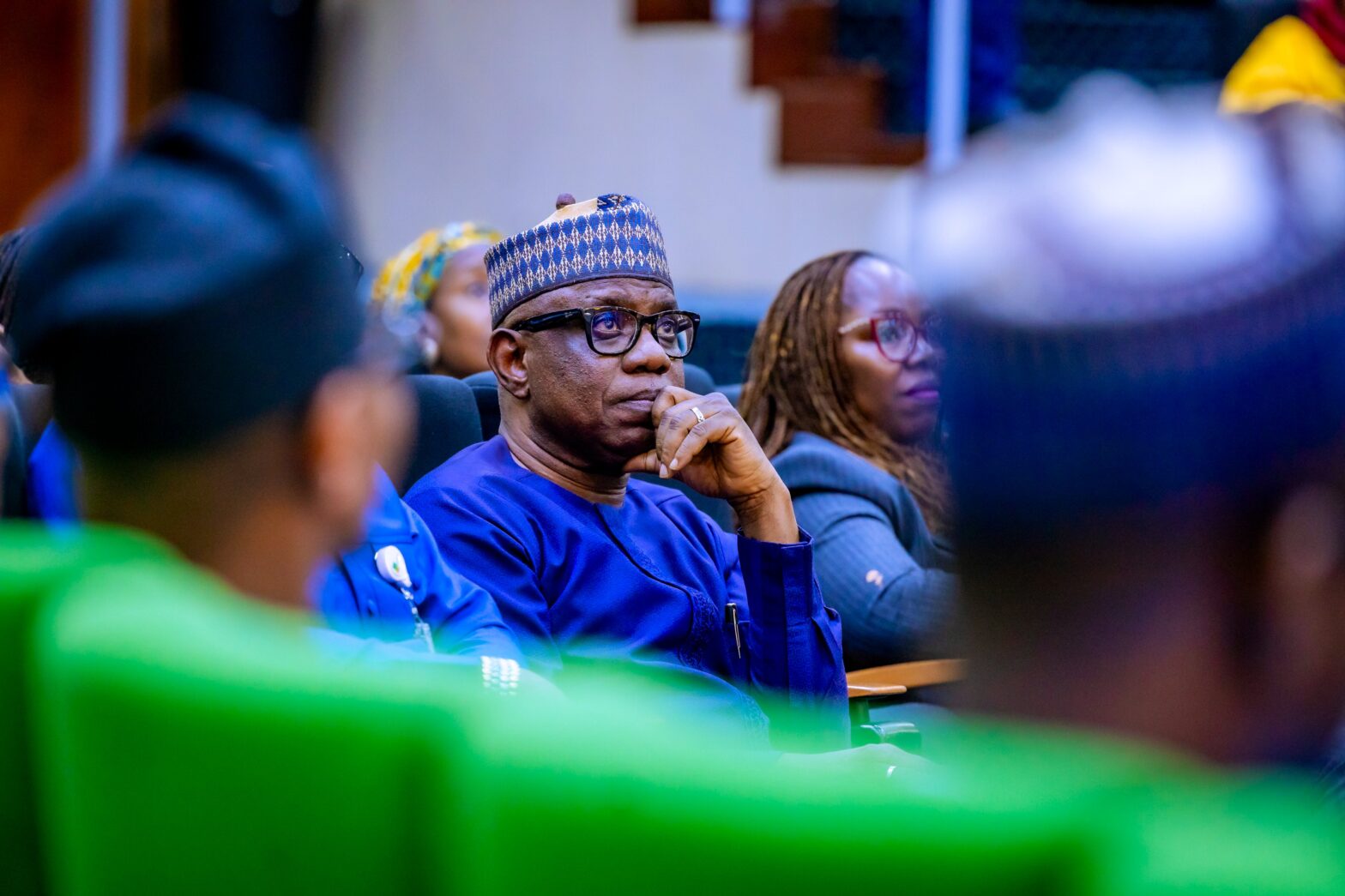Egypt is ramping up its solar energy projects as soaring natural gas prices and declining domestic gas production strain the country’s energy supply.
The shift comes after widespread blackouts during the intense summer heat, exposing Egypt’s heavy reliance on subsidized gas-powered electricity, as per a report by Reuters on Monday.
Despite Egypt’s vast deserts, abundant sunlight, and a developed electricity grid, solar energy adoption has lagged. Industry leaders blame restrictive regulations and entrenched subsidies that favor gas-powered energy.
“God has blessed Egypt with really good solar resources and very good land resources,” said Hussain Al Nowais, chairman of UAE-based renewable energy firm AMEA Power, in December.
AMEA Power recently inaugurated a $500 million, 500-megawatt solar farm in Aswan, about 650 km south of Cairo, and plans to construct a larger 1,000-megawatt facility nearby.
Al Nowais revealed that AMEA would invest $300 million upfront to fast-track construction ahead of securing full project financing by May, with operations expected to begin in early 2026.
Electricity from AMEA’s solar plants is projected to cost between two and three U.S. cents per kilowatt hour—significantly cheaper than gas-powered electricity, which, due to layered subsidies, costs between seven and nine cents per kilowatt hour, according to industry estimates.
AMEA is not alone in scaling up Egypt’s solar capacity. Norwegian firm Scatec signed a deal in September for a 1,000-megawatt solar project. In November, a partnership between UAE companies Infinity and Masdar, alongside Egypt’s Hassan Allam, agreed to develop a 1,200-megawatt solar facility.
However, industry leaders warn that Egypt will require several thousand more megawatts to meet growing energy demands.
Barriers to Solar Energy Growth
Industry insiders highlight fragmented government coordination as a key obstacle to expanding renewable energy.
“The problem with Egypt is that it is a bunch of islands. There’s no centralized approach where the ministers are coordinating,” said Yaseen AbdelGhaffar, founder of SolarizEgypt, which supplies solar power to private businesses.
In early 2024, the Egyptian government enacted a private-to-private energy law, allowing independent producers to supply electricity to factories and businesses. However, this initiative is capped at 500 megawatts nationwide.
Prime Minister Mostafa Madbouly announced in November that Egypt aims to increase renewable energy’s share in the national grid to 42% by 2030, up from the current 11.5%. To support this goal, Egypt is seeking international assistance to strengthen its electricity grid. The European Bank for Reconstruction and Development (EBRD) is in discussions to provide support, according to officials.
Another hurdle is a regulation barring most apartment dwellers from installing two-way electricity meters unless they own their entire building. These meters would allow consumers to both draw electricity from and supply excess energy back to the grid.
“The government hasn’t prioritized changing this rule,” said Ayman Rasekh, CEO of solar installation company SolarSol. He added that solar energy will become more affordable for households once electricity prices from the state grid exceed three or four Egyptian pounds per kilowatt hour.
Currently, wealthier households pay 2.35 Egyptian pounds ($0.0462) per kilowatt hour.




